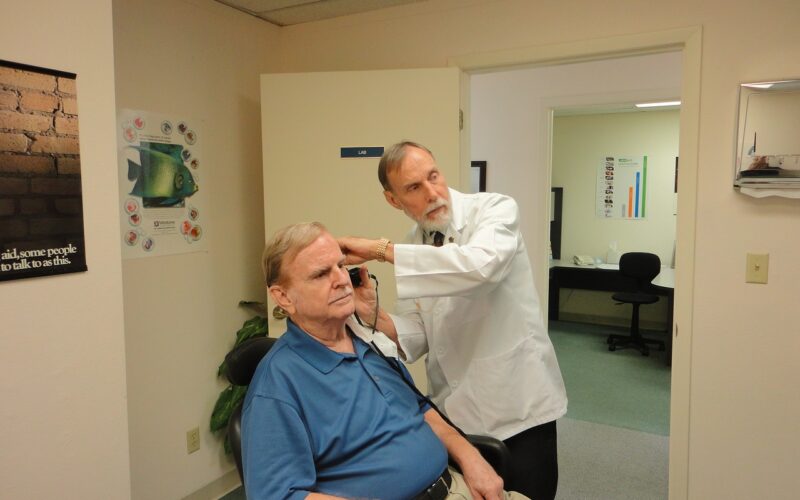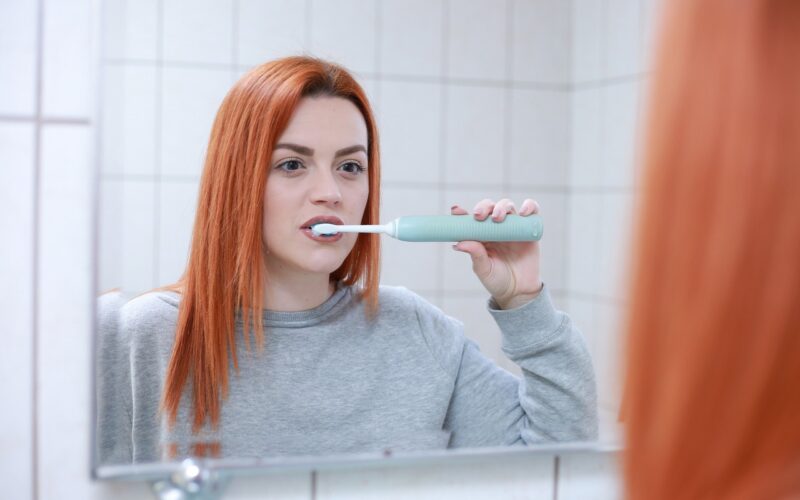Preventative Hearing Loss Measures
Hearing loss is a common issue that can significantly impact one's quality of life. Whether it's difficulty in understanding conversations or missing out on everyday sounds, the effects are far-reaching. Fortunately, there are several preventative measures you can take to protect your hearing and maintain your auditory health.
Get regular hearing tests
Regular hearing tests are essential for early detection and management of hearing loss. Many people neglect their hearing health until they notice significant issues, but early intervention can make a substantial difference. A professional hearing test can identify subtle changes in your hearing ability, allowing you to take preventative actions before the problem escalates. Audiologists recommend that adults have their hearing tested at least once every three years, with more frequent tests for those over 50 or those exposed to loud environments regularly.
Use ear protection in noisy environments
One of the most effective ways to prevent hearing loss is to protect your ears from excessive noise. Whether you work in a noisy environment, attend loud concerts, or use power tools, ear protection is crucial. Earplugs and earmuffs are readily available and provide significant noise reduction. Custom-fitted earplugs, available from audiologists, offer even better protection and comfort. Remember, consistent use of ear protection can prevent the cumulative damage that leads to hearing loss.
Limit exposure to loud noises
While it might not always be possible to avoid loud environments, you can take steps to limit your exposure. For instance, if you enjoy listening to music through headphones, keep the volume at a safe level and take regular breaks to give your ears a rest. When attending events such as concerts or festivals, try to stay away from speakers and take breaks in quieter areas. By being mindful of your surroundings and taking proactive steps, you can reduce the risk of noise-induced hearing loss.
Practice good ear hygiene
Maintaining good ear hygiene is another crucial aspect of preventing hearing loss. Accumulation of earwax can lead to blockages and hearing difficulties. While the ear naturally cleans itself, sometimes ear syringing may be necessary to remove stubborn wax build-ups. It's important to have ear syringing performed by a healthcare professional to avoid damaging the delicate ear structures. Avoid using cotton swabs or other objects, as these can push the wax further into the ear canal.
Avoid ototoxic medications
Certain medications are known to be ototoxic, meaning they can cause hearing loss as a side effect. These include some antibiotics, diuretics, and chemotherapy drugs. If you are prescribed any medication, ask your healthcare provider about its potential impact on your hearing and discuss alternatives if necessary. Never stop taking a prescribed medication without consulting your doctor, but be proactive in seeking information about the risks and benefits.
Maintain a healthy lifestyle
Overall health plays a significant role in maintaining good hearing. Conditions such as diabetes and cardiovascular disease can impact hearing health, so it's essential to manage these conditions effectively. Eating a balanced diet, exercising regularly, and avoiding smoking can contribute to better overall health and, by extension, better auditory health. Additionally, staying hydrated helps maintain the fluid balance in your inner ear, which is crucial for proper hearing function.
Preventing hearing loss involves a combination of regular hearing tests, protecting your ears from excessive noise, practicing good ear hygiene, avoiding ototoxic medications, and maintaining a healthy lifestyle. By incorporating these measures into your daily routine, you can significantly reduce the risk of hearing loss and enjoy better auditory health throughout your life. If you have concerns about your hearing, don't hesitate to schedule a hearing test and consult with a healthcare professional. Your ears will thank you!






